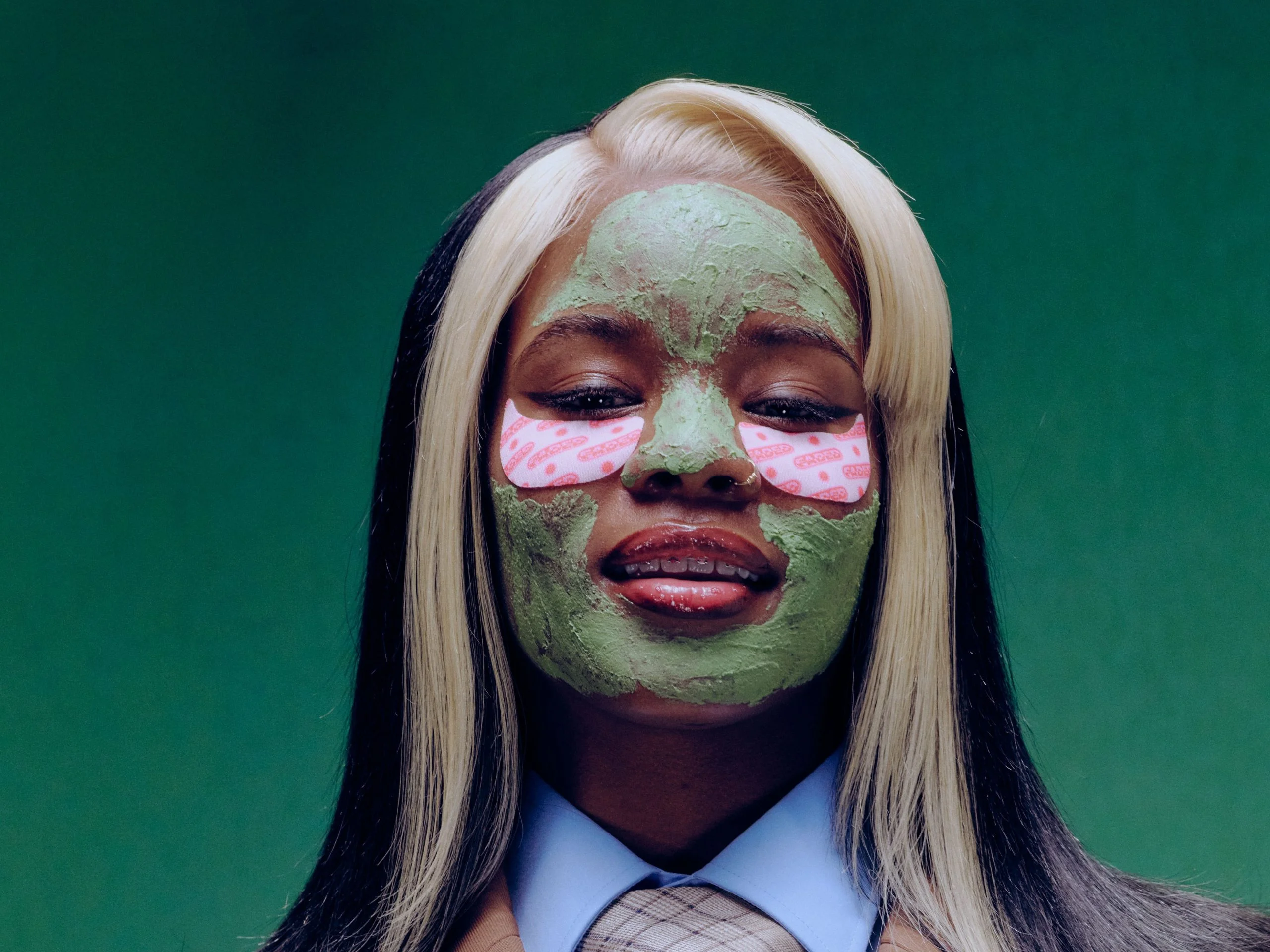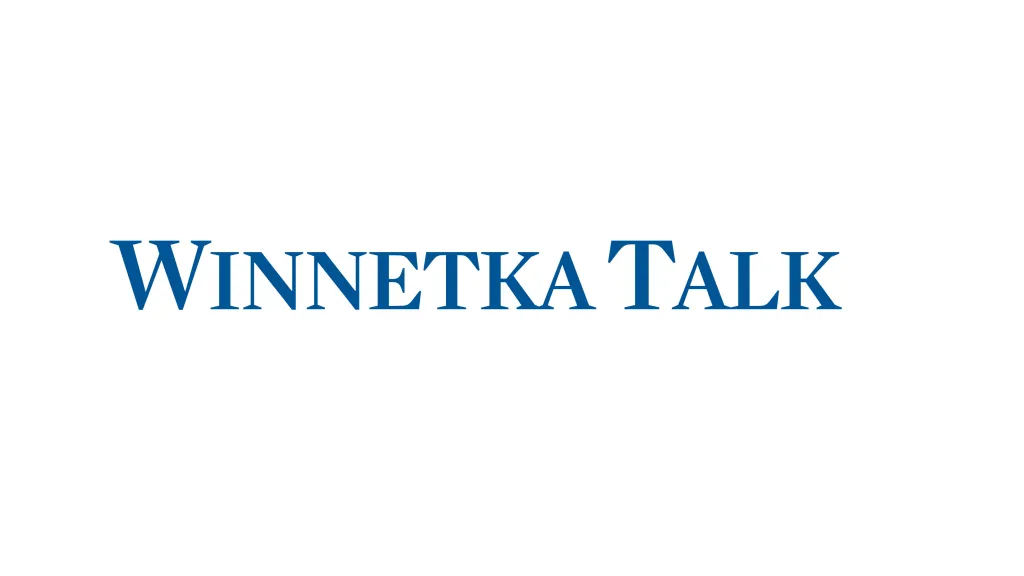Copyright Essence

Five years ago, Olamide Olowe was a college student with $1,000 dollars, a deep understanding of chronic skin conditions, and a vision to make skincare more inclusive and accessible. Today, she’s the youngest Black woman to raise $15 million dollars in venture capital and the founder of Sephora’s fastest-growing skincare brand. Her company, Topicals, has redefined the beauty landscape by blending clinical-grade, science-backed formulas with cultural storytelling and in the process, reframed skin conditions like eczema, hyperpigmentation, and acne as part of the culture—not something to conceal. But, Topicals’ rise has been anything but traditional. The skincare brand tapped into culture like a fashion house would: cinematic campaigns inspired by hip-hop classics, viral brand trips to Ghana, mental health advocacy, and collaborations that feel less like marketing and more like community-building. “I believe that skin conditions [can be] an extension of your personal sense of style,” Olowe tells ESSENCE exclusively. “We lean into storytelling in a way a fashion house would, because we think that there are so many ways for us to basically poke fun at this idea that beauty looks one way through storytelling.” That cultural fluency has allowed Topicals to carve out space in an industry that historically overlooked skin of color. As Olowe puts it, “at the core of Topicals, what we’ve always tried to do is reinvent skincare for skin of color. While a good chunk of our customers are Black, the majority of our customers span a ton of ethnicities,” she says. “What’s been interesting is that as we’ve made products that have worked better for darker skin tones, we’ve actually made products better for everyone.” To mark its fifth anniversary last month, Topicals launched a first-of-its-kind initiative alongside the debut of its Acne Reset Kit, created by licensed esthetician and beauty creator Tiara Willis, who also starred in the campaign. The brand is partnering with Willis to educate estheticians on how to care for skin of color, ensuring that both professionals and consumers have access to accurate skincare guidance. Developed in partnership with Willis, the six-week program pairs Topicals’ clinical expertise with her signature educational approach, training 10,000 estheticians and dermatologists on best practices for treating skin of color. “By pledging to educate 10,000 estheticians and dermatologists on skin of color, we want to bring accountability, honestly, to the industry,” Olowe explains. “Especially when a lot of great ingredients like retinol have been tested on formerly incarcerated people, most of whom were Black. We just feel like it’s time that the education and investment in skin experts catches up.” For Willis, who has spent years demystifying skincare online for her massive audience, the collaboration made perfect sense. “My entire platform has always been about education, and I would say I’m always trying to share my brain with my audience—everything I’ve ever learned, they know, too,” Willis says. “Topicals has always stood out to me because the brand is very education focused. They don’t only care about making good products, they also care about culture and mental health. That’s something you don’t really see with other brands” The kit focuses on acne and hyperpigmentation, two of the most common concerns for people with melanin-rich skin. It includes products from Topicals’ Clearly and Faded collections alongside exclusive educational content from Willis, including newsletters and webinars. “Not everyone is working with a professional,” she explained. “It’s kind of their own one-on-one [so] they not only have the product, but they also feel like they have an esthetician working with them” The need for this kind of education is urgent. As Willis pointed out, most esthetics programs still rely on outdated textbooks. “I remember being in school and going through the textbook and having to be like, ‘that’s wrong. That’s from 20 years ago.’ We know better now, but that’s how outdated esthetics programs are,” she says. “Having this program, we’ll be able to better equip them with treating skin of color without them having to go through the burden of spending thousands of dollars extra in continuing their education,” she added. Olowe’s ability to pair cultural authenticity with serious clinical and educational work has made Topicals a brand that resonates far beyond beauty aisles. “I’m excited that people of all gender orientations feel excited about us,” she says. “Again, it comes back to this greater idea that we want to be at the center of culture as a brand.” As Topicals enters its next chapter, Olowe’s ambitions extend past the shelves. Earlier this year, she launched Cost of Doing Business, a holding company designed to acquire, incubate, and scale culturally-aligned brands across beauty and beyond. It’s a strategic move that positions her not only as a brand founder but as an architect of a new ecosystem—one where Black-owned and culturally rooted companies have the infrastructure to grow on their own terms. The launch underscores a clear shift: Topicals is no longer just the flagship brand, it’s the foundation of a broader vision for how culturally attuned businesses can thrive at scale. “I have never actually thought about Topicals as a skincare brand, and that might sound counterintuitive,” Olowe admitted. “You’re going to see us show up in different places and spaces, particularly spaces that you haven’t seen other skincare brands show up in. It’s going to be very interesting to see how we take the digital healing of Topicals and put it into physical places—and how we distribute that across a network of skincare experts.” For Olowe, building Topicals has always been about more than products—it’s about reshaping an industry. “I’ve been spending a lot of my time continuing to be laser-focused on sticking to my vision, regardless of what the industry says and regardless of what has been done in the past,” she shares. “The legacy of Topicals will be community oriented, and it will be community in a way that isn’t just a buzzword, but in one that gives people financial [access] and access and resources that we haven’t had in a long time. Or ever.” Five years in, Olowe has turned a $1,000 idea into a cultural and beauty force. And if the last half-decade is any indication, Topicals’ next chapter won’t just shape skincare—it’ll transform the culture around it.



